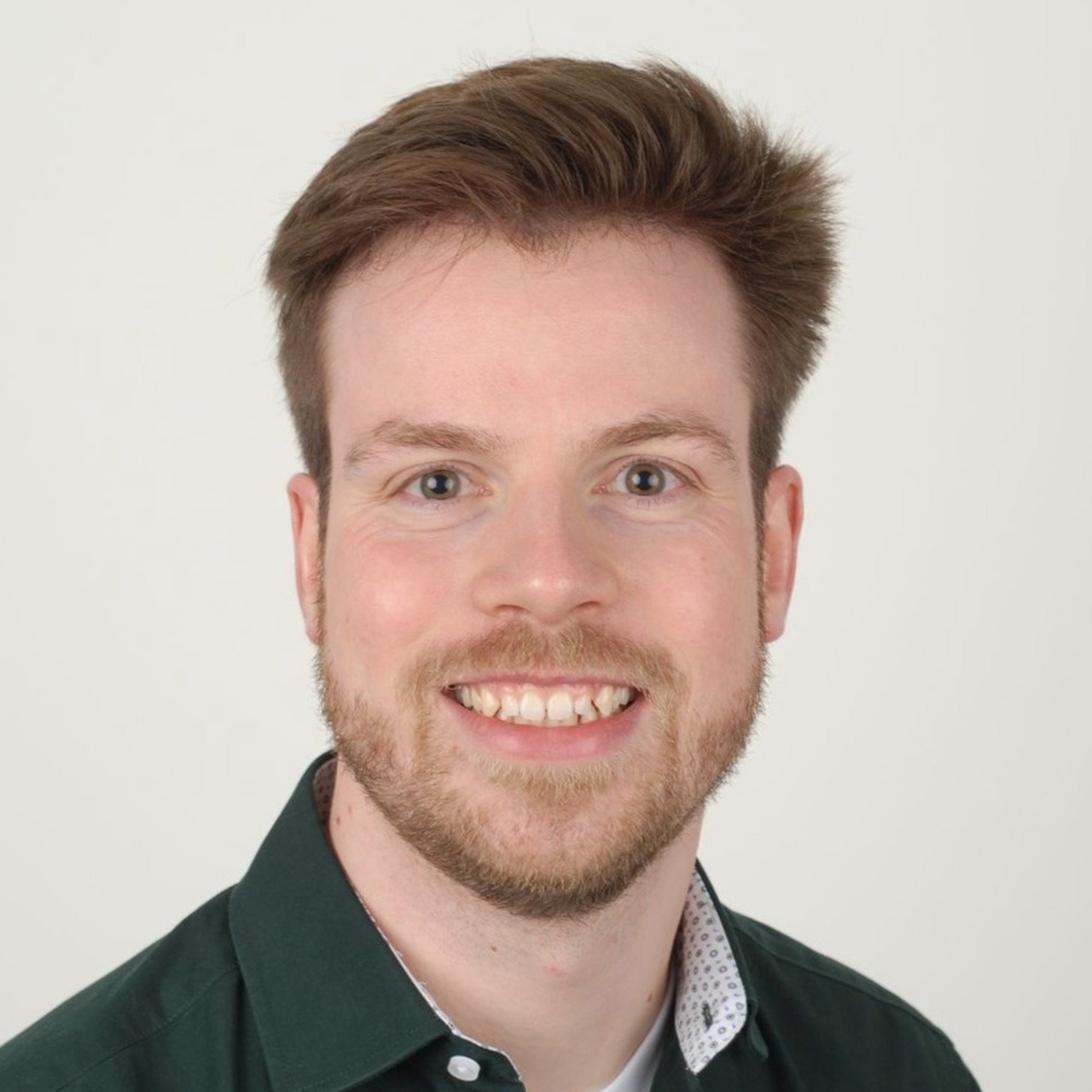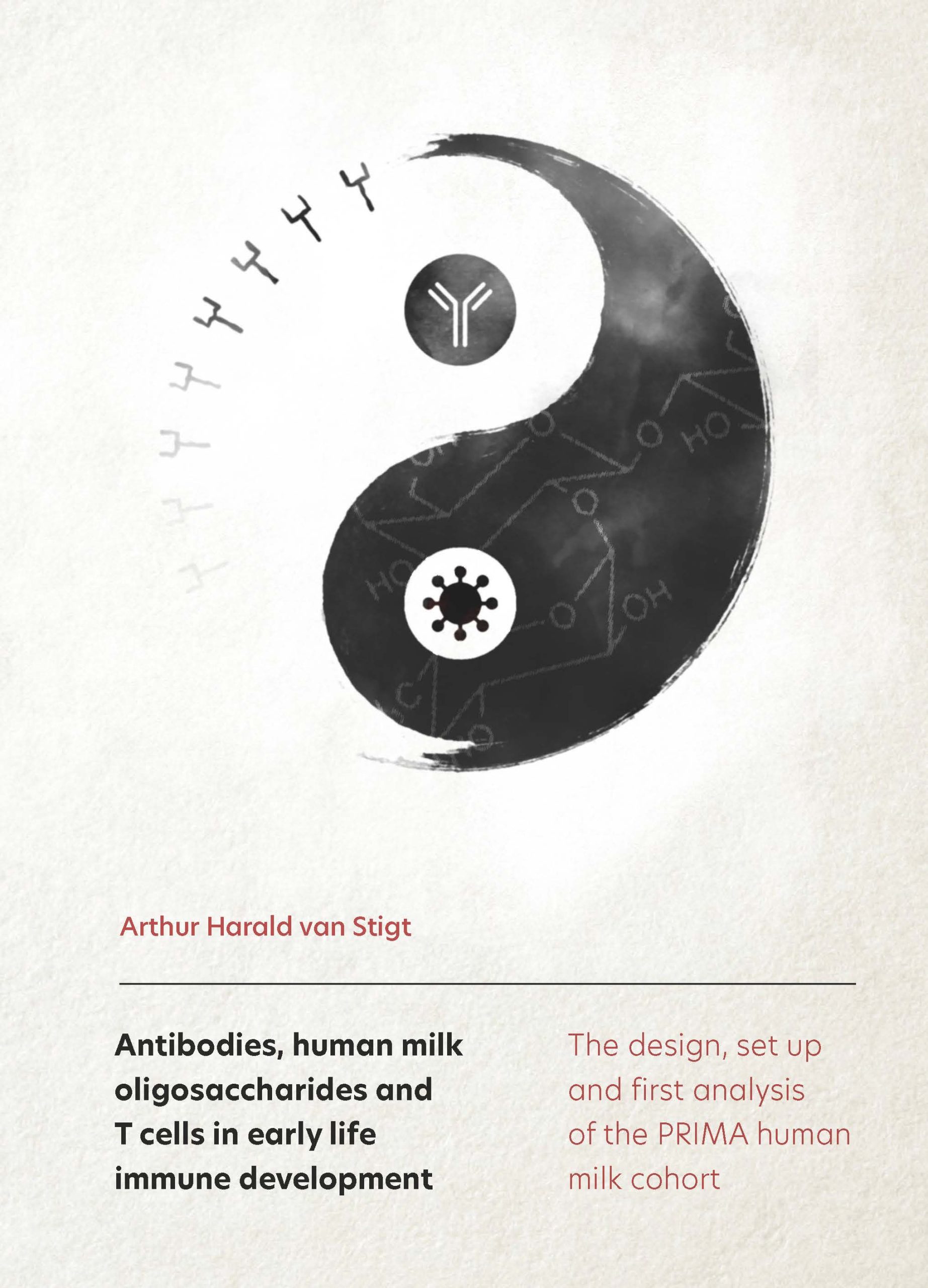Why do breastfed babies often get fewer respiratory tract infections than others? Scientists have long suspected that breast milk may hold the answer, but the details remained a mystery. Now, new research at UMC Utrecht sheds light on how milk shapes a baby’s immune system—and the findings could have major implications for children’s health.
Respiratory tract infections (RTIs) are one of the major causes of illness in infants, specifically during the first five years of life. Most of these infections in children are caused by viral infections, such as RSV and influenza. In the Netherlands, this leads to about 28,000 infants requiring medical care for RSV bronchiolitis of which approximately 2,000 require hospitalization. Hospitalization for RTIs not only leads to considerable costs, but is also associated with recurrent wheeze, asthma and long term impaired lung function. Breastfeeding clearly has several benefits for infants, such as the capacity to protect against the risk and impact of neonatal gastrointestinal or respiratory infections.
“Breast milk is more than food; it’s a complex medicine cabinet tailored to each individual child,” says physician-investigator Arthur van Stigt, MD (Center for Translational Immunology, UMC Utrecht) in his PhD thesis. The work forms the basis for the PRIMA (Protecting against Respiratory Infections through human Milk Analysis) human milk cohort, a major study following 1,000 mothers and their babies in the first year of life. By collecting milk and blood samples and tracking health outcomes, researchers hope to unravel exactly how breast milk helps prevent RTIs.
One of the stars of this story is a group of special sugars found only in human milk, called human milk oligosaccharides, or HMOs. They don’t provide calories—but they do something even more important. HMOs feed healthy gut bacteria, block harmful microbes, and strengthen the intestinal wall, making it harder for germs to slip through. They also help “train” the infant’s immune system to react in a balanced way. Interestingly, every mother produces a slightly different mix of HMOs, largely shaped by her genes.
Antibodies are another crucial ingredient. These tiny proteins, passed from mother to child during pregnancy and through breast milk, act like homing missiles against viruses and bacteria. Using a new test developed during the project, researchers could measure nine different types of antibodies at once. Their results show that mothers don’t pass on the same antibodies in the same way—umbilical cord blood, for example, is rich in certain antibodies, while breast milk is richer in others. “It looks like nature has developed multiple routes of protection,” van Stigt explains.
Perhaps the most surprising discovery came from immune cells known as T cells. For the first time, scientists mapped these cells in breast milk and found that they are tissue-adapted—suited to supporting the infant’s gut and mucosal tissues. This suggests that breast milk doesn’t just protect babies from infections but may also actively shape their developing immune system. The research even looked beyond human milk. In a laboratory study, antibodies from cow’s milk showed the ability to neutralize RSV, a virus that can cause a dangerous form of pneumonia in infants. This raises the possibility of using cow’s milk antibodies in preventive treatments, especially for babies who rely on formula milk.
Arthur van Stigt concludes: “By combining methodological innovation, novel biological findings, and a robust prospective design, our work establishes a strong foundation for future translational studies. Ultimately, the PRIMA project may help identify milk-derived biomarkers and therapeutic leads to reduce the global burden of early-life respiratory infections.”
Arthur van Stigt, MD (1993, Hilversum) defended his PhD thesis on September 11, 2025 at Utrecht University. The title of the thesis was “Antibodies, human milk oligosaccharides and T cells in early life immune development”. Supervisors were prof. Jeanette Leusen, PhD (Center for Translational Immunology, UMC Utrecht) and prof. Louis Bont, MD PhD (Department of Pediatrics, UMC Utrecht). Co-supervisors were Belinda van ‘t Land, PhD (Center for Translational Immunology, UMC Utrecht and Danone Nutricia Research, Utrecht) and Gerco den Hartog, PhD (RIVM, Bilthoven). Arthur works as a resident in Internal Medicine at Gelre Ziekenhuis in Apeldoorn. In October 2025, he will start his specialist training in Rheumatology.


